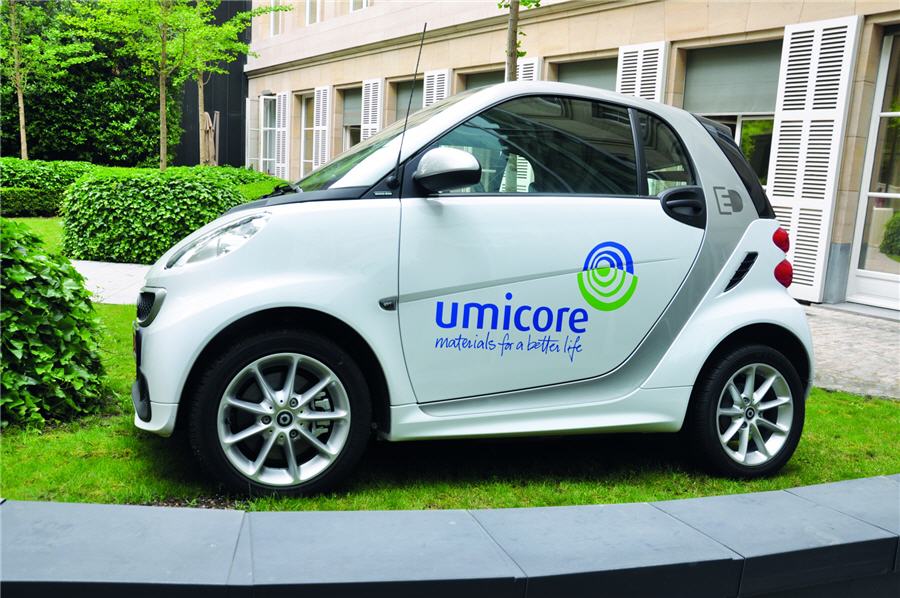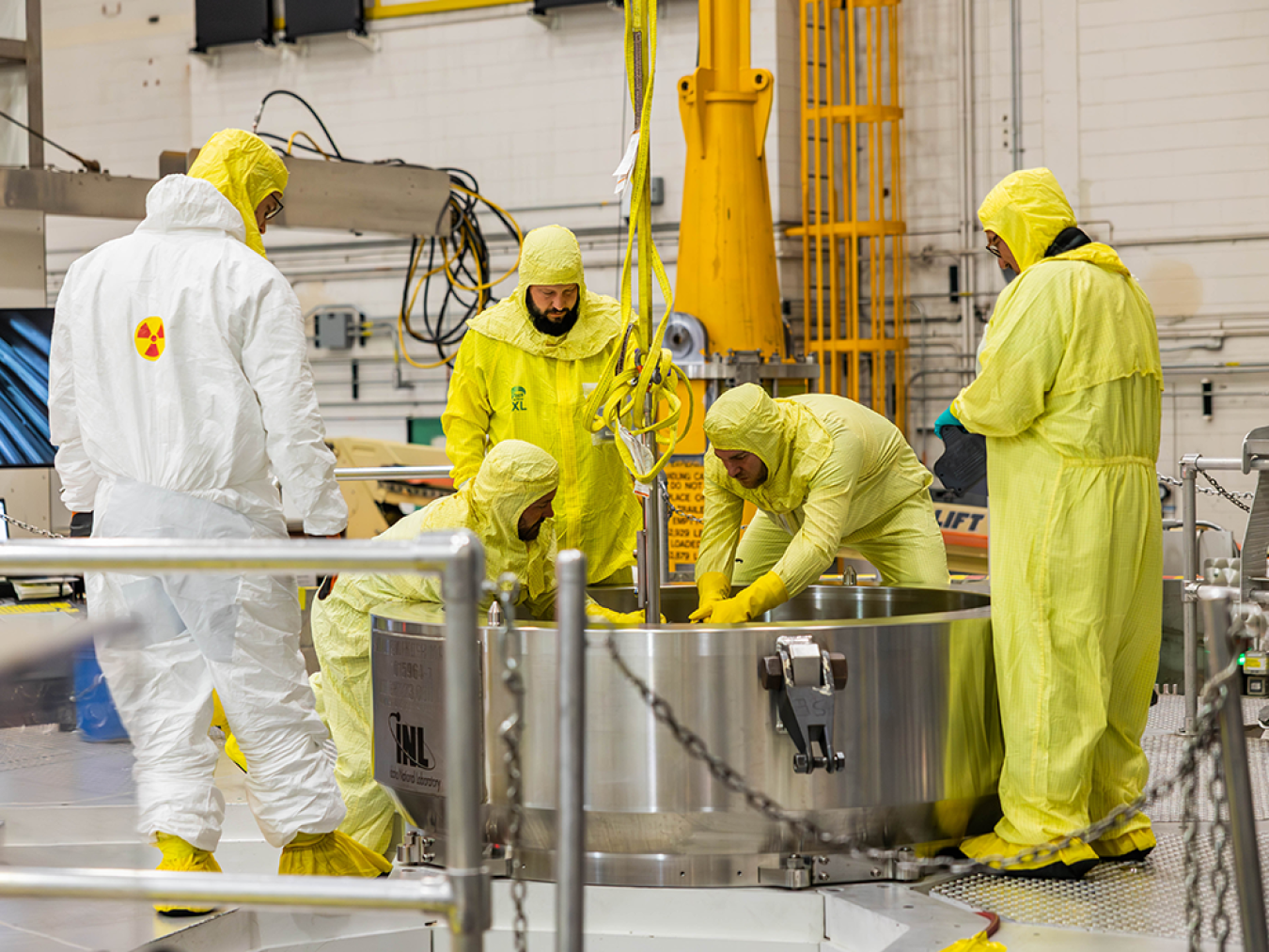Umicore plan to double down on battery business knocks almost $1bn off market cap

Belgium’s Umicore on Wednesday presented a 5 billion euro plan to bulk up its battery materials business by 2026, as it prepares for soaring demand largely driven by electrical vehicle production.
Averaging some one billion euros of spending per year, the price tag roughly doubled analysts’ forecasts, sending shares down 10% and wiping 940 million euros ($990 million) off its market value.
“This is an ‘all in’ approach to battery materials,” Berenberg analyst Sebastian Bray said, adding investors were likely surprised by the magnitude of investments.
Umicore, which aims to recover the costs of investment and more than double its group revenues by 2030, said it could look for funds from debt or equity markets.
Analysts raised concerns the plan could lead to higher debt, and require significant external funding, all against the backdrop of rising costs.
Chemical groups have bet on batteries to make up for an expected decline in demand for catalytic converters from automakers, as they shift from combustion engines to electric vehicles.
But tough competition, notably from China and South Korea, has already pushed Britain’s Johnson Matthey out of the race.
Umicore said it would invest the bulk of funds in battery recycling and making materials for rechargeable batteries.
It had already announced supply partnerships with ACC, a joint venture of Stellantis and Mercedes-Benz, and Volkswagen.
The former mining group also aims to cut Scope 1 and 2 emissions to net zero by 2035, the bulk of which come from two sites in Belgium.
At Hoboken, a precious metal refinery outside Antwerp, stricter permit rules require Umicore to lower levels of lead in the blood of children living near the factory.
After investing close to 100 million euros in buying up nearby houses, Chief Legal Counsel Geraldine Nolens said Umicore was confident it could meet the new requirements.
She added that a draft law that would enforce stricter clean up of sites with radioactive contamination should help progress on final containment plans at its Olen plant 40 kilometres away.
Now a cobalt refinery, the site had before 1980 produced uranium from ore mined in the former Belgian Congo, as well the radium studied there by Nobel Prize winner Marie Curie.
($1 = 0.9501 euros)
(By Olivier Sorgho and Sarah Morland; Editing by Milla Nissi, Jason Neely and Tomasz Janowski)
{{ commodity.name }}
{{ post.title }}
{{ post.date }}




Comments